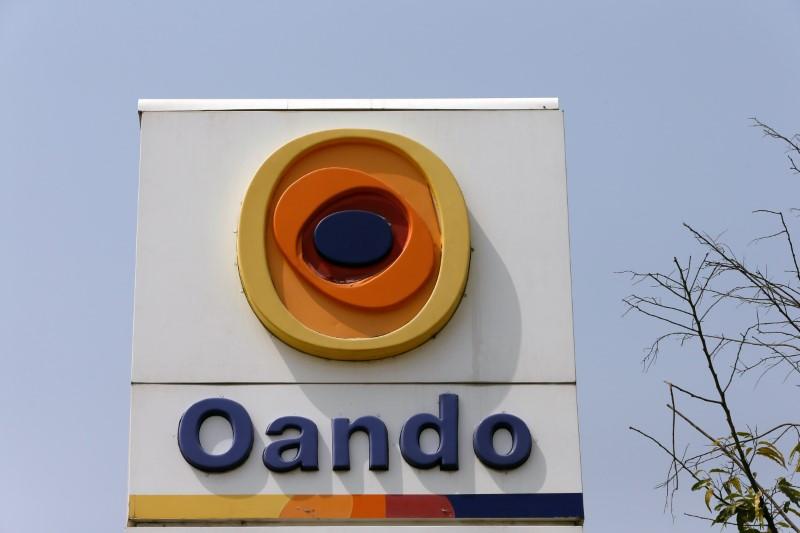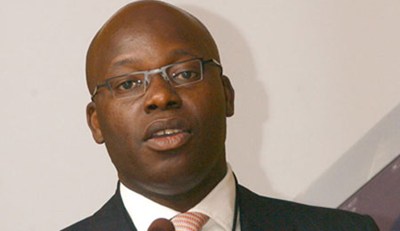23 July 2015, Lagos – Operators in Nigeria’s oil and gas industry have argued that ending gas flaring in the nation’s hydrocarbon operations should go beyond merely prescribing penalties to instituting measures that will encourage production.

Nigeria is among the top ranking nations in global gas flaring so much that it lost over $133.716 million (about N26.743 billion) to gas flaring in December 2014, as oil and gas companies in the country flared 20.11 percent of their total gas production.
The President/Chairman, Falcon Corporation Limited, Dr. Chima Ibeneche, speaking yesterday in Lagos, at the 16th annual general meeting, and the 2015 Business Forum, of the Nigerian Gas Association, argued that a lot more still needed to be done to monetise the nation’s gas resource.
According to Ibeneche, the issue with gas development is not gas flaring, and penalties alone will not rid the industry of it, especially as the penalties are so insignificant that producers prefer to pay, if at all they do, than to develop the gas.
He argued: “The situation is an economic choice that has to be made. There must be a little amount of gas that must be flared.
“The real issue of monetising gas goes beyond gas flare, but gas reservoirs that are available to be produced, but no pipelines to be connected to the power stations.
“These areas are very easy to find an economic justification for. A fiscal incentive is needed to drive the gas industry to the level it is supposed to get to.”
Against this backdrop, the Council Chairman, Society of Petroleum Engineers, SPE, Nigeria, Mr. Emeka Ene, in his presentation, identified a number of strategy for monetising gas.
These include identifying and securing the closest markets, developing an integrated flare-out model, and recognising that associated gas is not non-associated gas, among others.
He said these were imperative considering the fact that the current domestic gas consumption is approximately 100,000 metric tonnes per annum, which translates to less than 1kg/capital.
Ene argued that Nigeria’s per capital consumption is very low compared to the country’s population, estimated at over 170 million.
– Vanguard



